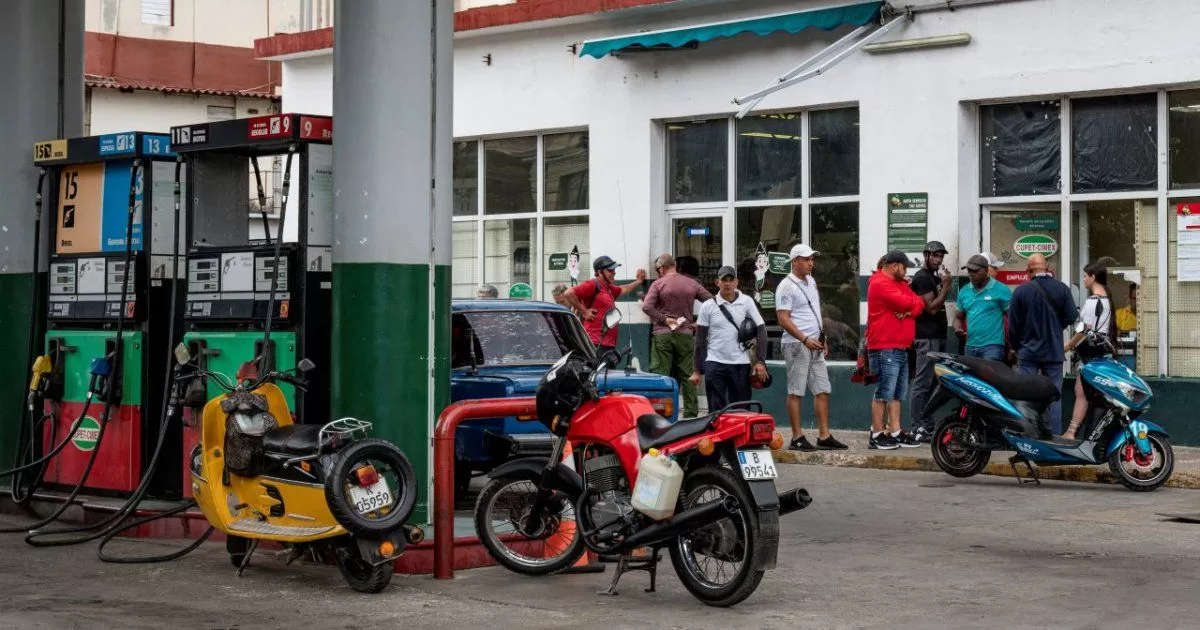HAVANA.- The announcement of the economic “package” in Cuba triggered an internal political crisis, plunging the regime into conflicts that are already reflected in various aspects of its power structure, according to a review Cuban Diary.
Since Prime Minister Manuel Marrero revealed the measures of the “macroeconomic stabilization program”, criticism has not ceased. During the Plenary Session of the Central Committee of the Communist Party of Cuba (PCC), held in mid-December, the ineffectiveness of the Ordering Task, the economic decline in 2023, the stagnation of tourism and the lack of growth in remittances were recognized.
The “package”, presented as a solution to the accumulated crises, has not convinced even the most loyal followers, since it implies an increase in prices, especially in fuel, generating inflation, poverty and greater dollarization.
Given the dissatisfaction, the PCC suspended the Second National Conference of the Party, citing the need to be consistent with the country’s economic situation. However, contradictions such as large expenditures on events such as the January 1 celebration have generated criticism about the authenticity of the austerity measures.
The suspension of the Assemblies of accountability of the delegate to his constituents reflects the reluctance of the Cuban regime to allow the collective expression of citizens about the current situation. This decision, justified by problems in electricity generation and fuel use, suggests that the regime is aware of the lack of understanding and support for a second “package” in three years.
The leadership crisis manifests itself in internal conflicts, and even Raúl Castro had to emphasize “unity” in his January 1 speech. Meanwhile, Miguel Díaz-Canel came out to defend the “package” and counteract the uncertainty generated.
Regime defends the “Paquetazo”
The priority declared by the regime is the defense of the “paquetazo”, with emphasis on political and communication assurance. The imposition of a Code of Ethics of the Cadres of the Cuban Revolution, which demands unrestricted loyalty to the PCC, reveals a concern for obedience and suggests internal tensions.
Despite promises not to apply the measures without conditions, the imminent implementation of the increase in fuel prices and transport tariffs raises questions about the viability and acceptance of these measures.
The recent removal of important figures from the PCC and the interruption of the broadcast of adjustment measures on official television indicate that the Cuban regime faces palpable resistance. Although a worsening of the situation is expected for the majority, the PCC seems determined to impose the consequences of its policies, evidencing a brief period of waiting full of uncertainty.
Source: With information from Diario de Cuba

